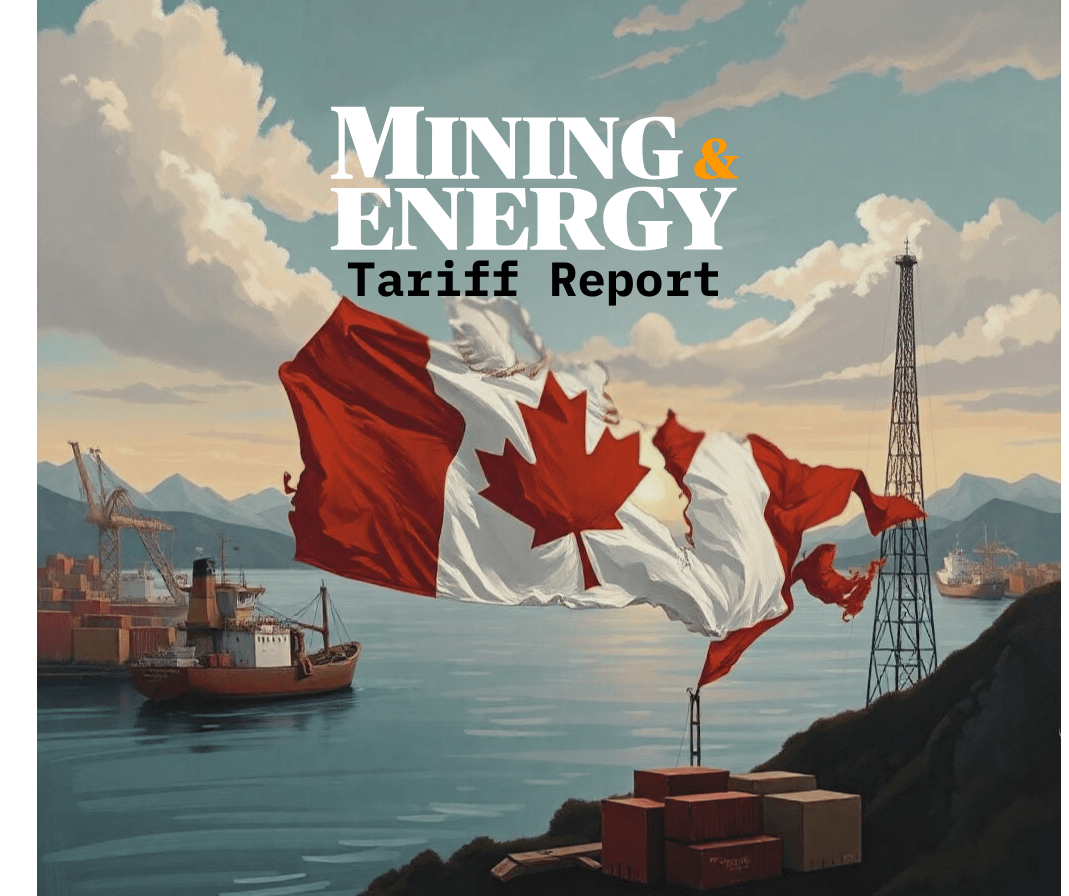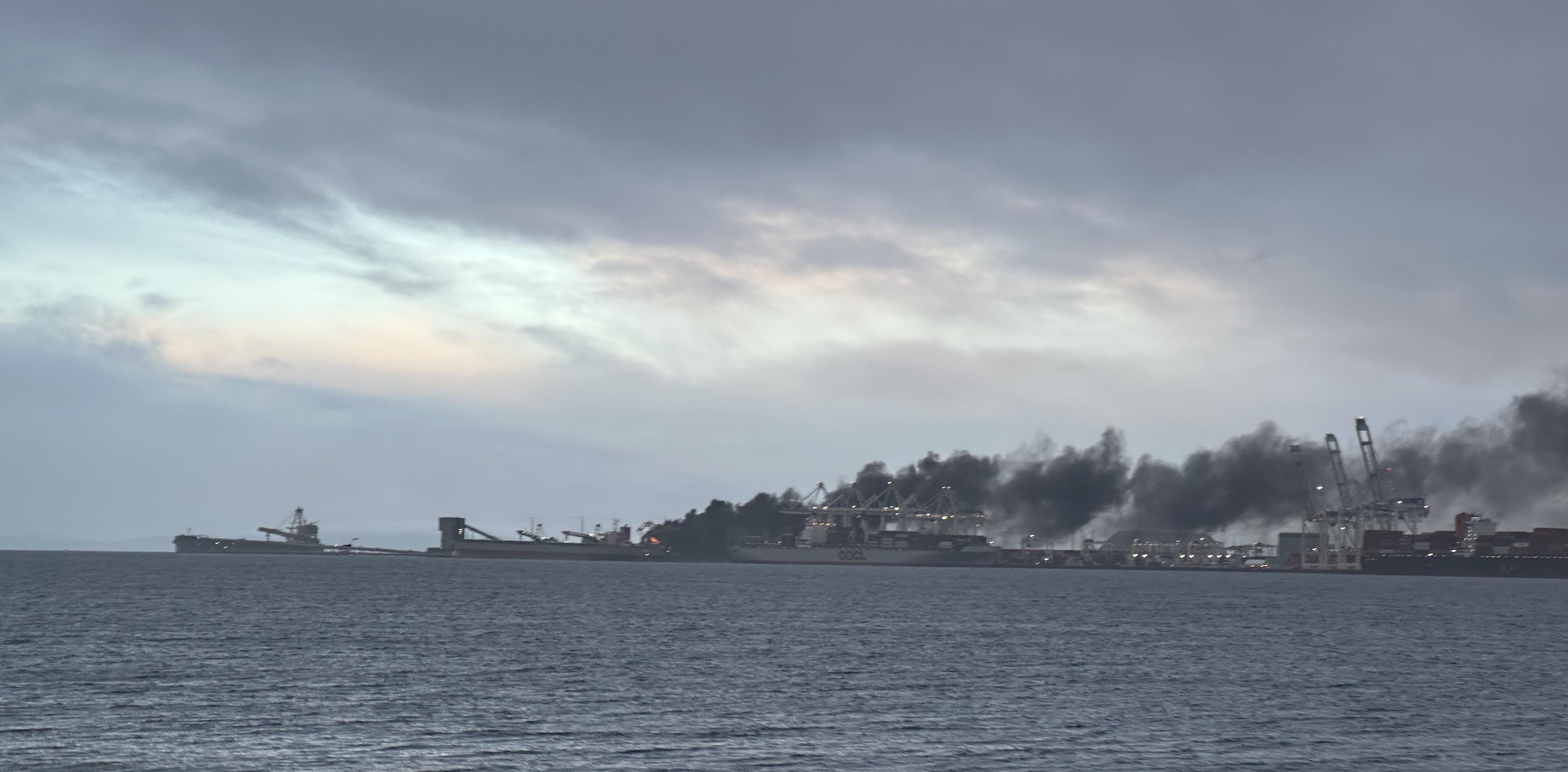Canada’s role in the Trans Pacific Partnership points to a flourishing metals and minerals industry

Rod Thomas, president of the Prospectors & Developers Association of Canada (PDAC), said TTP is a good move for the Canadian mining industry. — Photo
Rod Thomas, president of the Prospectors & Developers Association of Canada (PDAC), said TTP is a good move for the Canadian mining industry. — Photo courtesy PDAC
Canada’s involvement in the Trans Pacific Partnership (TPP) trade agreement is a big step forward for mining, says industry, as tariff reduction and dispute resolution mechanisms aim to keep Canadian mining globally competitive.
Pierre Gratton, president and CEO of the Mining Association of Canada (MAC), said accessing new and emerging markets is absolutely critical for maintaining the Canadian mining industry’s ability to thrive and for Canada to maintain its global leadership in mining.
“The TPP is a massive trade block, including critical emerging markets,” said Gratton. “While Canada already has existing agreements with some of the TPP partners, the agreement will expand the competitiveness and reach of Canadian metal and mineral products in the markets of the other TPP partners.”
The TPP is a multilateral trade agreement between 12 countries—the U.S., Australia, Japan, Mexico, New Zealand, Singapore, Malaysia, Vietnam, Peru, Chile, Brunei Darussalam and Canada—representing 800 million consumers and a combined $28.5-trillion GDP that sums up close to 40 per cent of the global economy.
Between 2012 and 2014, Canada exported approximately $158.6 billion per year in metals and minerals to TPP countries. Tariff reduction is where Canada stands to gain significantly from the agreement with TPP countries currently enforcing tariffs ranging between 7.9 and 50 per cent.
Equally as important as robust trade agreements is the critical domestic infrastructure that enables companies to move their products to tidewaters and beyond to take advantage of newly accessible market share, said Gratton. “Increased road, rail and port capacity are essential if companies are going to capitalize on enhanced market access,” he said.
The TPP helps address greater certainty, transparency and foreign investment protection for Canadian mining companies, ensuring they can get products, people and services across borders on a daily basis.
“In line with recently negotiated modern trade agreements (such as the Canada-EU CETA), measures that provide for investment protection, dispute resolution and labour mobility boost transparency and confidence in the decisions that businesses make to invest, develop and operate in foreign jurisdictions,” said Gratton. “While the specific terms of the TPP on these points remain undisclosed at this time, the mining industry has supported their inclusion in past agreements and, in principle, supports their inclusion in the TPP.”
The Prospectors & Developers Association of Canada (PDAC) has also indicated support for Canada’s involvement in the deal, citing strengthened relationships with Asia-Pacific markets as vital to mineral exploration and mining in Canada.
Any initiative that helps to maintain an open global economy is good for the Canadian minerals industry, said PDAC president Rod Thomas. “The reduction of tariffs will make the minerals and metals produced in Canada more competitive, helping to sustain production through the downturn.
“Investors may also feel more comfortable financing exploration projects in certain TPP jurisdictions that previously were characterized by too much political risk," he said, "which may help capital flow to companies exploring in these areas.”
According to Canada’s Department of Foreign Affairs and Trade Development, the TPP Investment Chapter establishes a strong, rules-based framework, including provisions on expropriation and investor-state dispute settlement provisions, said Thomas.
“These provisions provide important protections for the companies and investors that participate in the risky business of searching the world for mineral deposits,” said Thomas. “The importance of having mechanisms to resolve disputes between companies and governments will become increasingly important, as resource nationalism has risen from eighth to fourth place in terms of top business risks faced by the minerals and metals industry.”
Thomas said steps in favour of a stronger global minerals and metal economy result in economic opportunities for millions of people around the world and improve quality of life by providing inputs into the goods and technologies that underpin modern life.
“Agreements like the TPP help support this nation-building industry to continue generating these opportunities,” he said. “This is why PDAC is also supportive of the fact that the TPP protects the rights of governments to regulate in the interests of protecting public health and the environment.”
“The reality is (that) Canada is competing against scores of other mining jurisdictions for the same customers,” said Gratton. “Having trade deals in place with new and emerging markets is key to ensuring Canada can compete on the world stage.”




